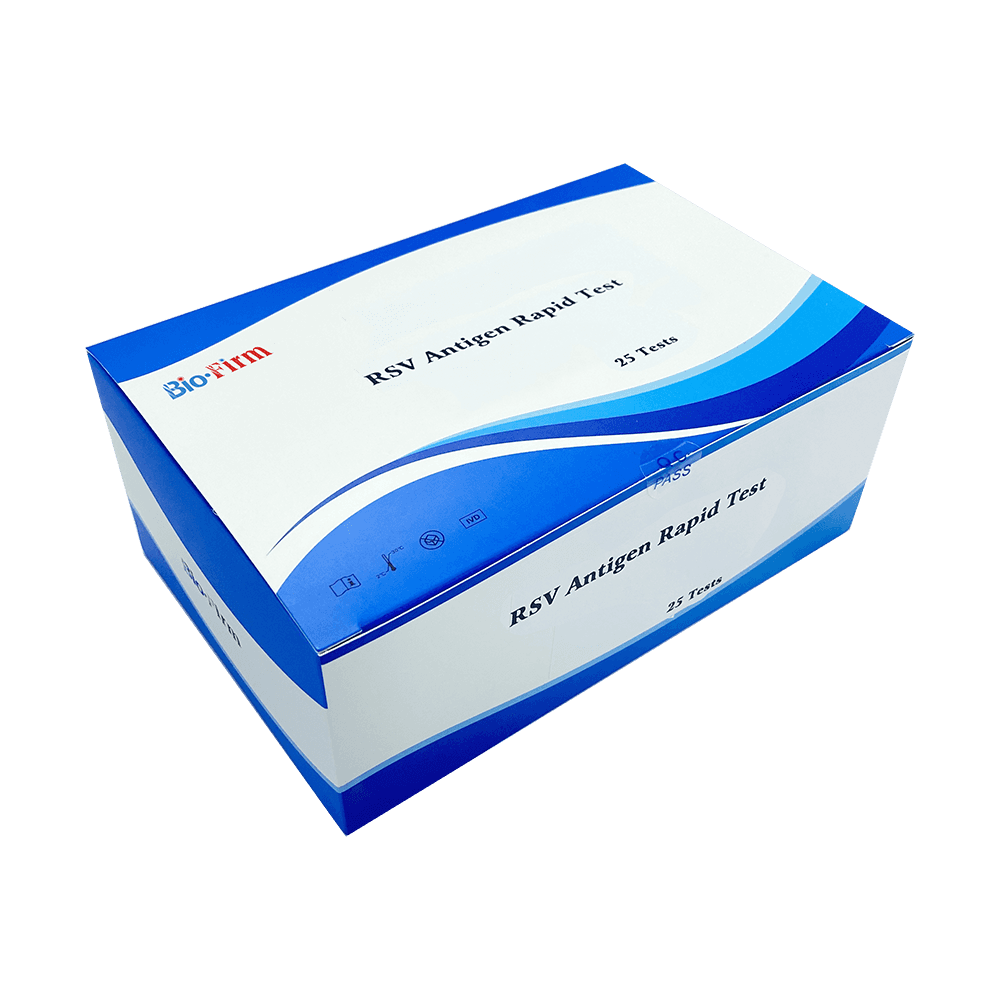Jul 01,2022
The types of samples suitable for testing with the RSV antigen rapid test typically include:
Nasopharyngeal Swabs: These swabs are inserted into the back of the nasal cavity to collect samples where RSV often replicates. They are considered one of the most reliable sample types for respiratory virus testing due to their ability to capture a sufficient amount of viral material.
Nasal Swabs: Swabs taken from the inside of the nostrils are also suitable for RSV antigen testing. While they may not reach as deeply as nasopharyngeal swabs, they still provide a good sample for detecting viral antigens.
Nasal Aspirates: This involves using a syringe to collect fluid from the nose, which is then deposited into a collection container. Nasal aspirates are effective for sampling respiratory viruses like RSV, as they can contain a concentrated amount of viral material.

Nasal Washes: Similar to nasal aspirates, nasal washes involve using a sterile saline solution to wash the nasal passages. The wash fluid is then collected for testing, providing a sample that can capture viral particles present in the nasal cavity.
Throat Swabs: Although less commonly used for RSV testing compared to nasopharyngeal and nasal samples, throat swabs can be an alternative when other sample types are not feasible. They are used to collect samples from the back of the throat where respiratory viruses may also be present.
These sample types are preferred because they contain higher concentrations of viral antigens, which increases the likelihood of detecting RSV infection using the rapid antigen test. The choice of sample type may depend on the specific test kit instructions, healthcare provider protocols, and the clinical presentation of the patient.



 Español
Español
 Français
Français
 Deutsch
Deutsch
 عربى
عربى








